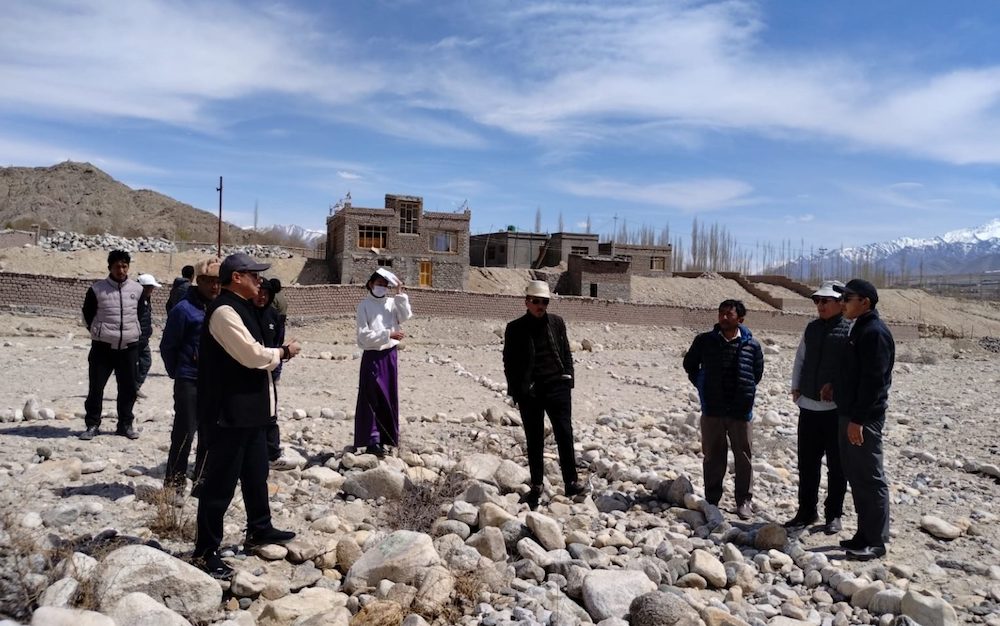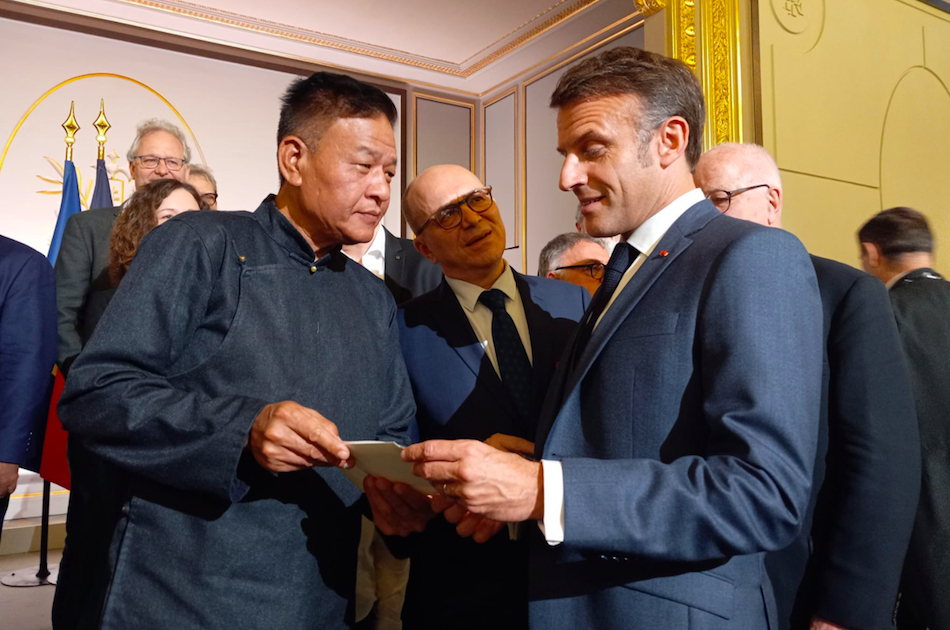By Brahma Chellaney
While Vajpayee’s Lahore visit was followed by Pakistani aggression, his latest China tour, like in 1979, came gift-wrapped with a Chinese military surprise.
Yet official hyperbole persists. A few examples stick out.
On his way back from China, the PM emphatically stated that new border talks would begin “immediately”. A month later, the talks have yet to begin or even to be scheduled.
External Affairs Minister Yashwant Sinha told HT in a Beijing interview that the Chinese President and Premier would visit India “within 12 months”. China has made no such commitment yet, and it is improbable that both the Chinese leaders would travel to India by June 2004. In any case, why should India make unilateral announcements of such nature?
This is the same mistake India made on Vajpayee’s tour, undermining its bargaining capacity with premature statements by senior ministers on the visit’s dates, before the Chinese had agreed to formally acknowledge the reality on Sikkim. A hastily-committed Vajpayee went ahead and came back with only a self-claim on Sikkim.
Brajesh Mishra, who is to hold border talks with a Chinese official junior to him in protocol, has contended that Beijing is anxious to make up with India. This is at odds with China’s antagonistic statements, including its needless aggravation in calling Arunachal Pradesh “not part of India” and its two defiant sermons on Sikkim while Vajpayee was visiting.
Chinese military forays across the line of control are not uncommon, but it is unparalleled that intruding forces captured, disarmed, interrogated and humiliated an Indian security team deep inside Indian territory while the PM was in China exulting over his visit.
It is to maintain such military pressure that China has declined, despite 22 years of border talks, to present even its version of the full line of control.
The border episode brings into further question Vajpayee’s Tibet concession. No one quizzed the PM when in Parliament he disclaimed any shift in India’s stand, although he has turned Tibet from an autonomous region within China to “part of the territory of the People’s Republic of China”.
While China has again mocked India over its “so-called Arunachal Pradesh”, Vajpayee formally recognised as part of China the truncated Tibet that Beijing deceptively calls the “Tibet Autonomous Region” (TAR). This is the same Vajpayee who in a 1989 Parliament speech berated Rajiv Gandhi for not standing up for Tibet in Beijing and called Nehru’s sacrifice of Tibet “a Himalayan blunder”.
Having now turned his back on Tibet – India’s biggest card against China – Vajpayee has little leverage left to counter Chinese pressures.









